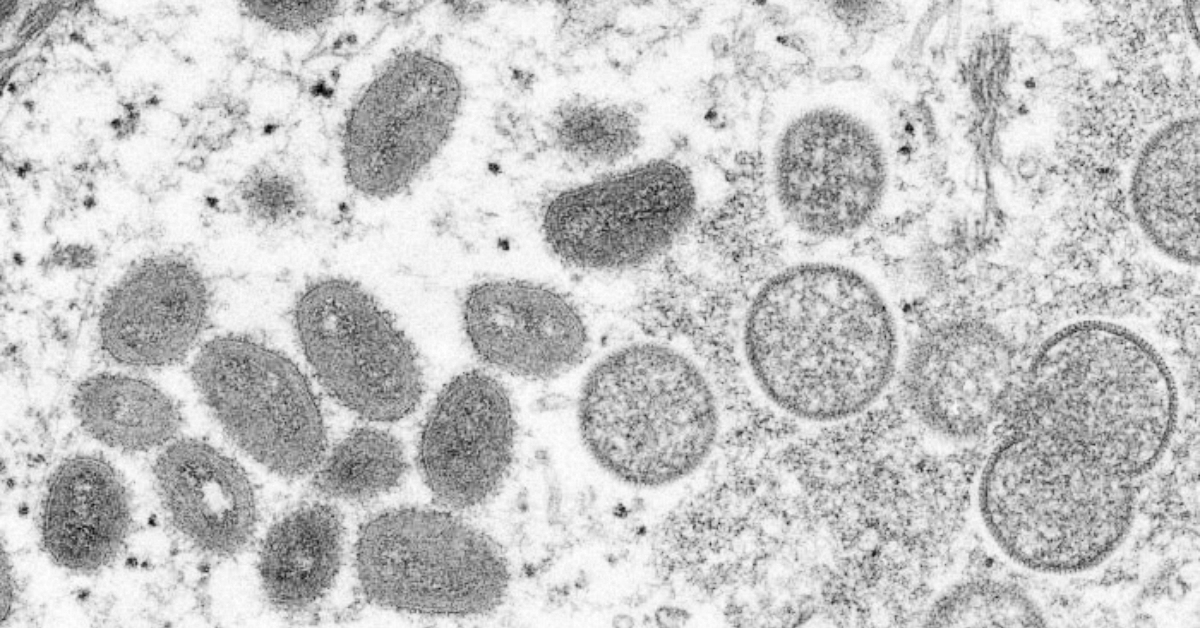UPDATE: First case of monkeypox confirmed in Scotland as cases surge across UK
The UK Government has said contacts of monkeypox cases at high risk of having caught the infection should self-isolate for 21 days.
The UK Health Security Agency (UKHSA) guidance recommends people who have had “unprotected direct contact or high-risk environmental contact” should isolate for three weeks and avoid contact with children under 12-years-old.
This includes no travel, providing details for contact tracing and avoiding direct contact with immunosuppressed people and pregnant women.
Those who are considered at high risk of having caught monkeypox may have had household contact, sexual contact, or have changed an infected person’s bedding without wearing appropriate PPE.
UKHSA also advises that they are offered a smallpox vaccine.
The guidance comes after Dr Susan Hopkins, chief medical adviser for UKHSA, warned that monkeypox is spreading through community transmission.
So far the UKHSA has confirmed 20 cases in the UK and one has been confirmed in Scotland.
Scotland’s chief medical officer has told people to “take a breath and calm down” over cases of monkeypox in England.
Speaking to STV News on Friday evening, Professor Jason Leitch reassured viewers there were no cases of the virus in Scotland.
“This is a known disease we know quite a lot about,” Professor Leitch said.
“Occasionally they get out of west and central Africa – to the US, to Europe, we’ve had cases here before.
“Usually if you interrupt the trains of transmission, you can knock this disease on its head.
“What happens is, it’s quite an infectious virus, not as infectious or as airborne as Covid and things we’re used to like flu, but it can move from person to person.
“You need to be pretty close, it’s droplet spread, so it’s families, it’s sexual partners, it’s people who are in very close proximity.
“You get general fever, the kind of viral disease, but you also get a rash.
“If that happens or if you’re concerned, you should contact a health professional.”
Follow STV News on WhatsApp
Scan the QR code on your mobile device for all the latest news from around the country


 CDC/Cynthia S. Goldsmith
CDC/Cynthia S. Goldsmith

























